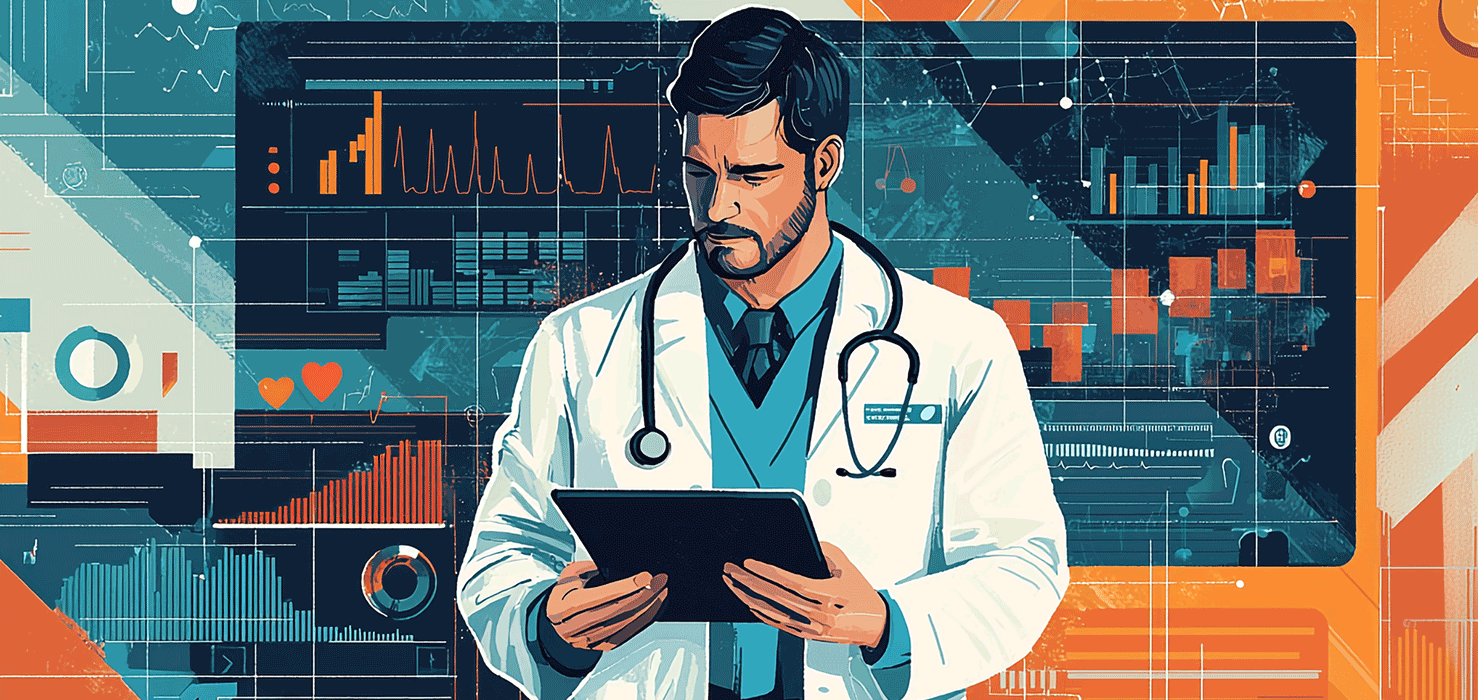Nutrition is the cornerstone of human health. Every cell in the body depends on nutrients to function, repair, and grow. Yet, in a world where fast food, processed snacks, and sugary beverages dominate our diets, understanding the connection between what we eat and how we feel has never been more important. Nutrition is not just about calories—it’s about nourishment, balance, and the prevention of disease. As science continues to reveal the intricate relationship between diet and wellbeing, it’s clear that food truly is medicine.
The Foundation of Nutrition and Health
Good nutrition provides the essential building blocks for a healthy life. Our bodies need a balance of macronutrients—carbohydrates, proteins, and fats—as well as micronutrients like vitamins and minerals to function optimally. Each plays a vital role:
-
Carbohydrates provide energy for the brain and muscles.
-
Proteins repair tissues, produce enzymes, and support immune function.
-
Fats are critical for hormone regulation and brain health.
-
Vitamins and minerals act as catalysts for countless biological processes.
When these nutrients are consumed in proper balance, the body thrives. But when diets are poor—high in refined sugars, unhealthy fats, and artificial additives—the result is inflammation, obesity, fatigue, and chronic disease. The modern epidemic of non-communicable diseases such as diabetes, heart disease, and cancer is closely linked to dietary habits.
A balanced diet is not just a lifestyle choice—it’s a form of preventive medicine.
The Global Nutrition Crisis
Despite increased awareness, the world faces a paradoxical nutrition crisis. On one hand, millions suffer from hunger and nutrient deficiency. On the other, obesity rates have skyrocketed due to the overconsumption of calorie-dense, nutrient-poor foods.
According to the World Health Organization (WHO), over two billion adults are overweight, while nearly 800 million people remain undernourished. This “double burden” reflects deep social and economic inequalities, as well as the global spread of unhealthy food systems.
Processed and fast foods, high in salt, sugar, and trans fats, have become the norm. These foods are inexpensive, convenient, and addictive—but they offer little nutritional value. Over time, they contribute to systemic inflammation, metabolic disorders, and cardiovascular diseases.
To reverse this trend, societies must prioritize access to fresh, whole foods and education about healthy eating. Nutrition should not be a privilege—it should be a basic human right.

Food as Medicine: The Role of Nutrient-Dense Diets
The concept of “food as medicine” has gained widespread attention in recent years. Rather than relying solely on pharmaceuticals, many experts emphasize dietary intervention as a primary form of disease prevention and treatment.
Scientific research consistently shows that nutrient-rich diets can reduce the risk of chronic illnesses. Diets emphasizing fruits, vegetables, whole grains, legumes, nuts, and lean proteins are associated with lower rates of heart disease, diabetes, and certain cancers.
1. The Mediterranean Diet
This diet, rich in olive oil, fish, vegetables, and whole grains, has been linked to longevity and reduced inflammation. It supports cardiovascular health and cognitive function, making it one of the most studied and recommended eating patterns worldwide.
2. The Plant-Based Diet
Plant-based eating focuses on foods derived from plants while minimizing animal products. Studies show that plant-based diets can lower cholesterol, improve gut health, and reduce the risk of obesity and hypertension.
3. The DASH Diet (Dietary Approaches to Stop Hypertension)
Developed to combat high blood pressure, the DASH diet emphasizes fruits, vegetables, whole grains, and low-fat dairy while limiting sodium and processed foods. It’s proven to improve heart health and metabolic function.
These diets share a common theme: they are rich in antioxidants, fiber, and healthy fats, and low in refined sugars and processed ingredients.
The Gut: The Hidden Center of Health
In recent years, scientists have discovered that much of our overall health begins in the gut. The human gut microbiome—trillions of bacteria and microorganisms living in the digestive tract—plays a key role in digestion, immunity, and even mental health.
A balanced microbiome helps the body absorb nutrients and fight infections. But poor diet, stress, and antibiotics can disrupt this balance, leading to inflammation, digestive disorders, and even mood imbalances.
Foods that promote gut health include:
-
Fermented foods (yogurt, kefir, sauerkraut, kimchi) for probiotics.
-
High-fiber foods (vegetables, fruits, legumes, and whole grains) that feed beneficial bacteria.
-
Prebiotic foods (garlic, onions, and bananas) that support bacterial growth.
A healthy gut equals a healthy body—and the foundation of that balance lies in proper nutrition.
The Connection Between Nutrition and Mental Health
Nutrition affects not only physical wellbeing but also mental health. The brain, which consumes about 20% of the body’s energy, depends heavily on nutrients. Deficiencies in omega-3 fatty acids, B vitamins, and minerals like zinc and magnesium have been linked to anxiety, depression, and cognitive decline.
Diets high in processed foods and sugars can lead to mood swings and fatigue due to blood sugar instability. Conversely, diets rich in whole foods, antioxidants, and omega-3s support brain function and emotional stability.
The emerging field of nutritional psychiatry explores how diet influences neurotransmitters like serotonin and dopamine, which regulate mood. In many ways, eating well is one of the most powerful mental health strategies available.
Hydration: The Overlooked Element of Nutrition
While much focus is placed on food, water remains one of the most vital nutrients. Every system in the body depends on hydration—cells require water to function, detoxify, and regulate temperature.
Even mild dehydration can cause fatigue, headaches, and cognitive decline. Athletes, in particular, must monitor hydration closely to maintain performance and prevent injury.
The general recommendation is to drink at least 2 liters of water daily, though needs vary by activity level, climate, and individual physiology. Replacing sugary beverages with water or herbal teas can significantly improve overall health.
Modern Challenges: Convenience vs. Conscious Eating
One of the biggest barriers to good nutrition in the modern world is convenience. Fast-paced lifestyles and busy schedules make processed and ready-to-eat foods appealing. However, these options often sacrifice nutrition for speed.
Mindful eating offers a powerful counterbalance. It encourages individuals to slow down, savor meals, and listen to their bodies. Eating with awareness improves digestion, prevents overeating, and strengthens the connection between food and wellbeing.
Moreover, the rise of “functional foods” — those fortified with vitamins, probiotics, or superfood ingredients — reflects growing consumer interest in nutrition. But while these products can be beneficial, they should complement, not replace, a diet rich in natural whole foods.
Nutrition for the Future: Sustainability and Health
As global awareness grows, the link between nutrition and sustainability has become increasingly clear. The foods we choose affect not only our bodies but also the planet.
Sustainable diets prioritize local, seasonal, and plant-based foods that require fewer natural resources. Reducing food waste and supporting eco-friendly agriculture benefit both human health and environmental stability.
The future of nutrition will likely emphasize “planetary health diets” — eating patterns that promote human wellness while protecting ecosystems. This holistic approach recognizes that personal and planetary health are inseparable.

Conclusion: Nourishment as a Way of Life
Nutrition is far more than a science—it’s a philosophy of living well. Every meal we eat has the power to heal, energize, and protect us. The choices we make today determine our long-term health, resilience, and longevity.
As science continues to unveil the deep connections between diet, genetics, and disease, one truth remains constant: balance and moderation are key. A diet rich in whole, natural foods, paired with hydration, mindfulness, and movement, forms the foundation of lifelong health.
In the words of Hippocrates, the father of medicine, “Let food be thy medicine and medicine be thy food.” In an age of modern challenges, those words are more relevant than ever.
